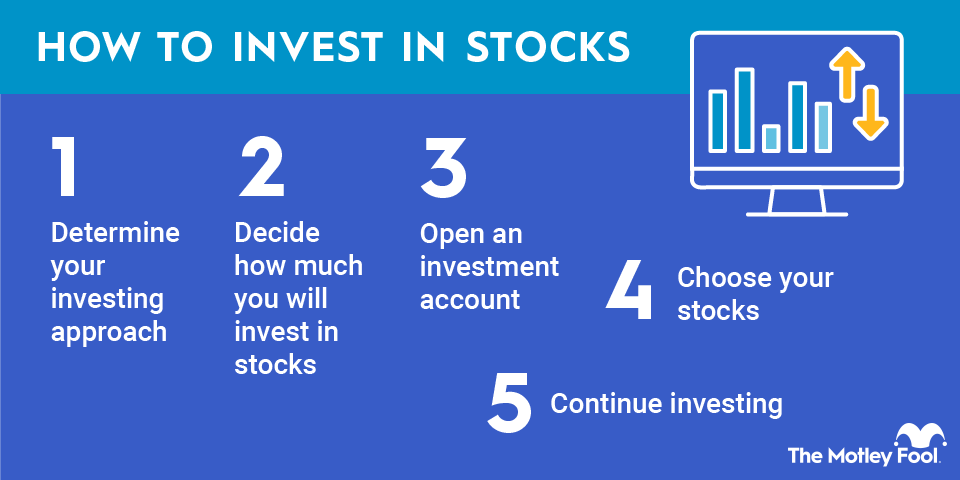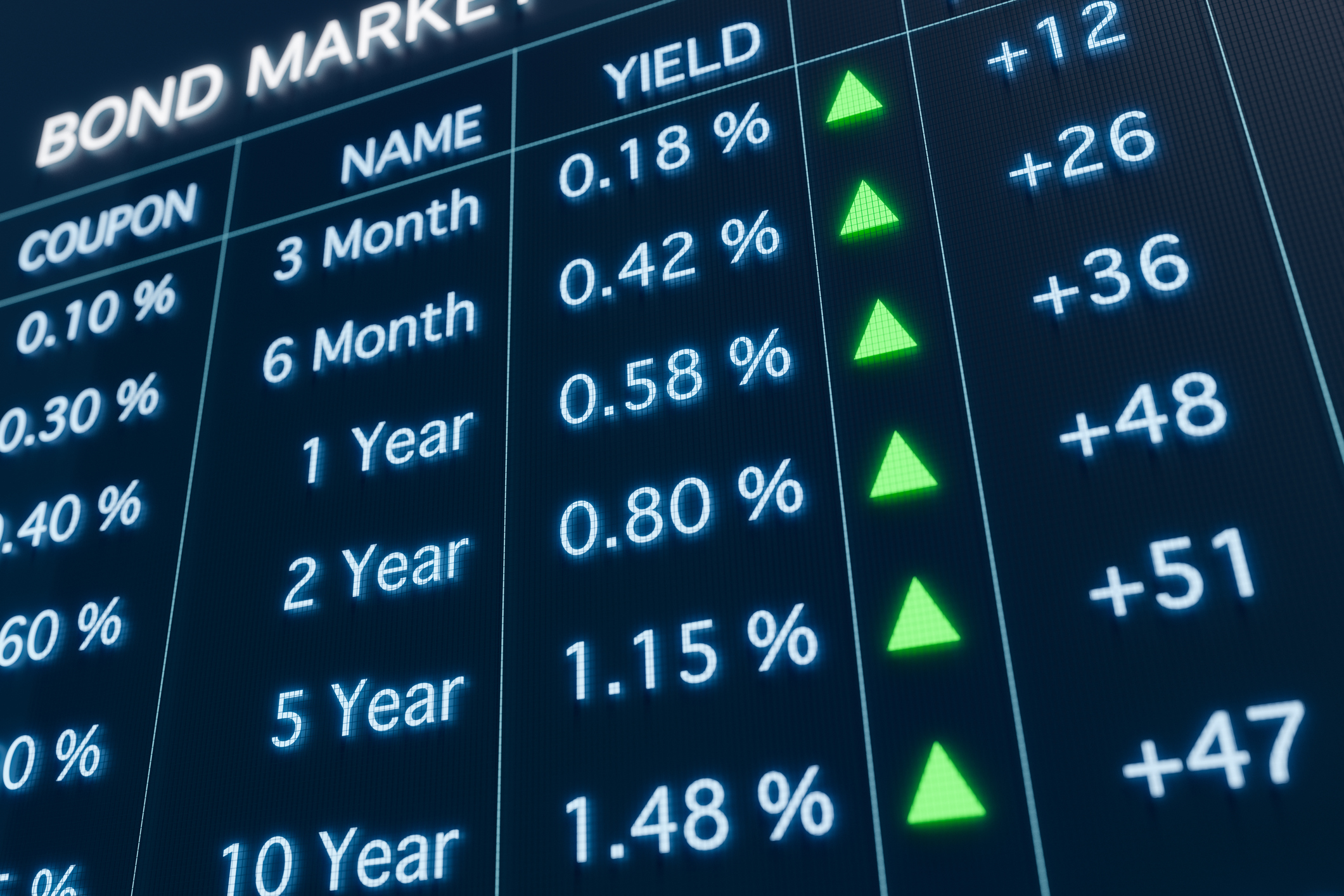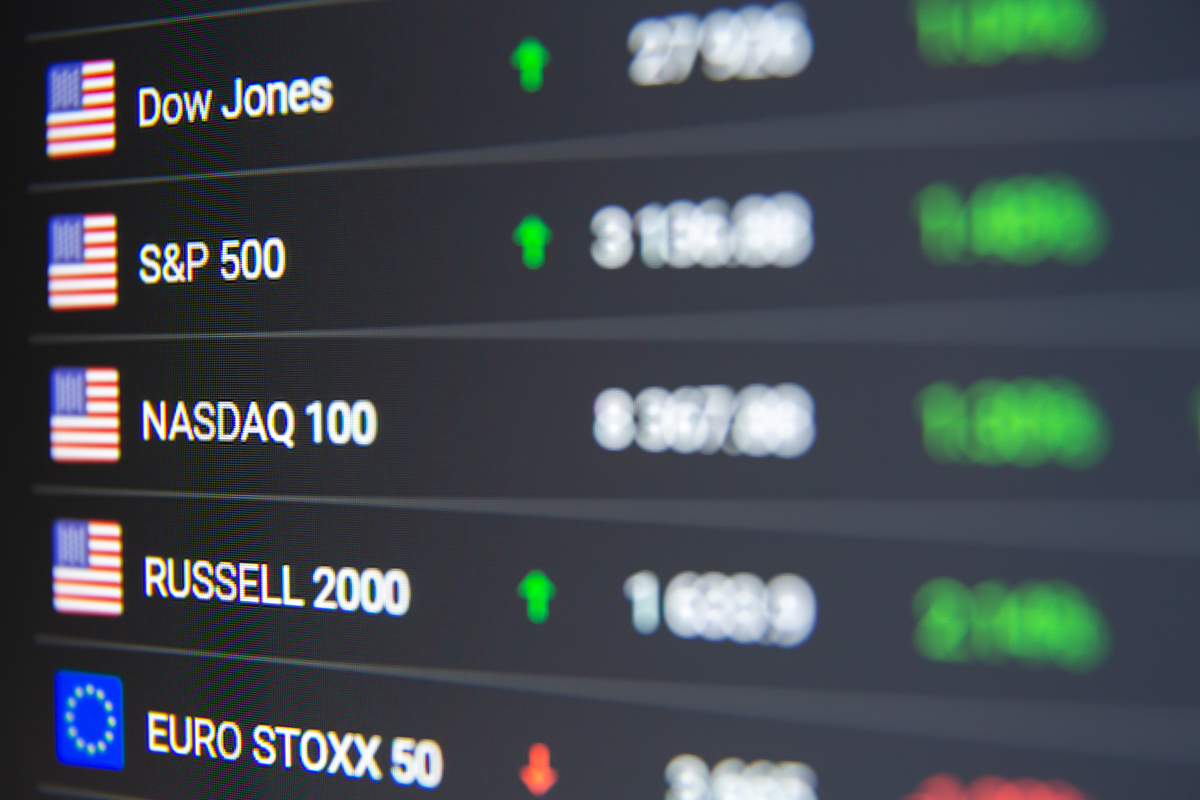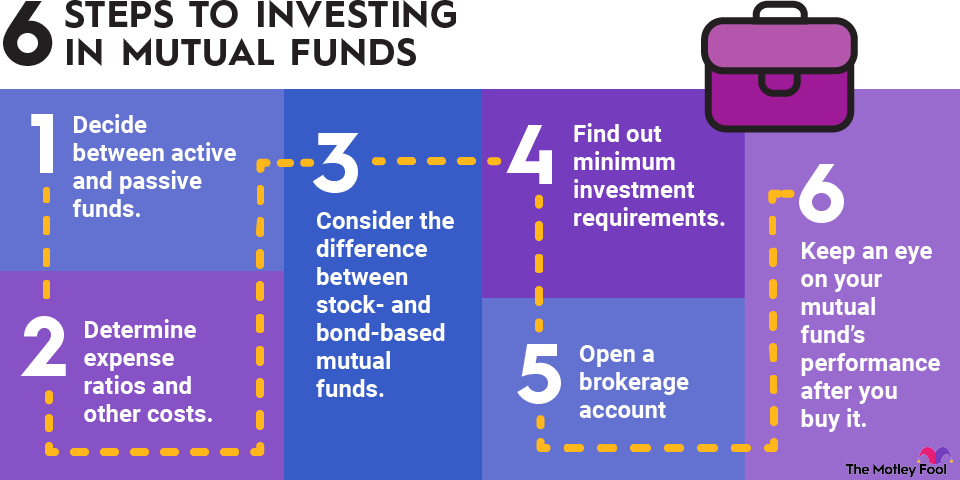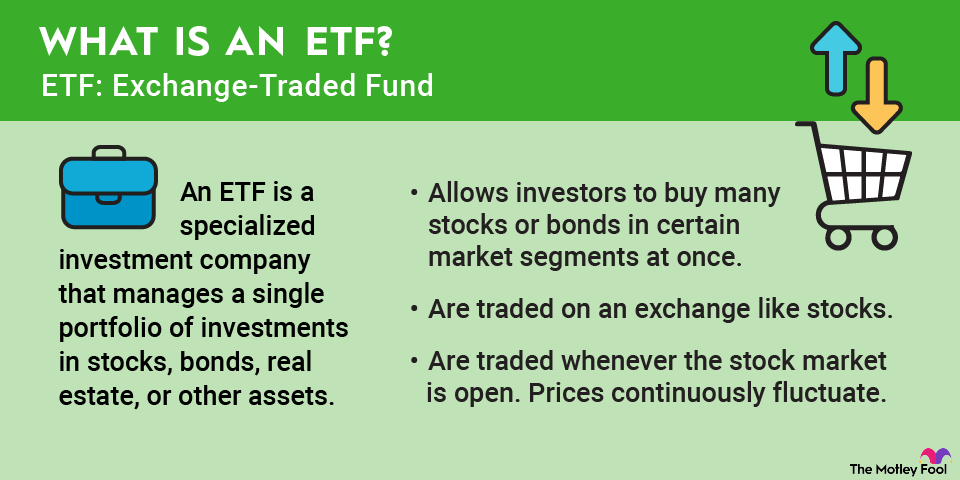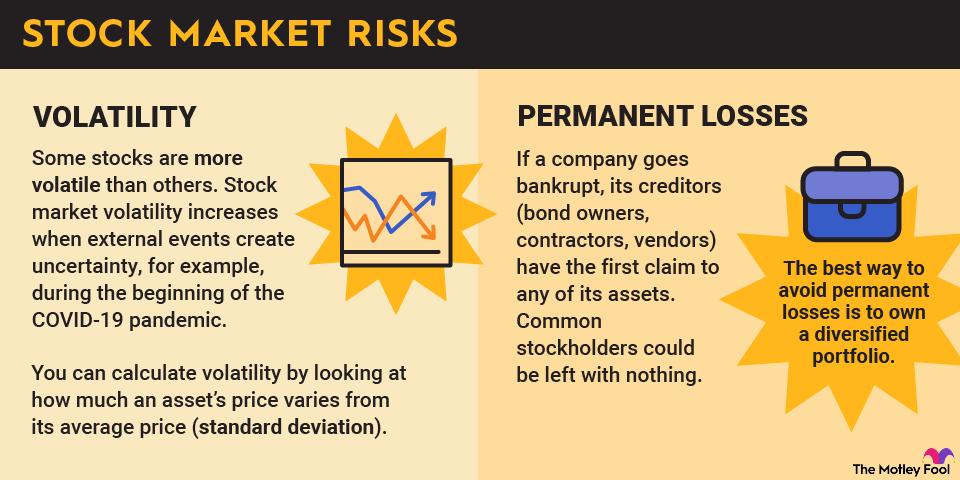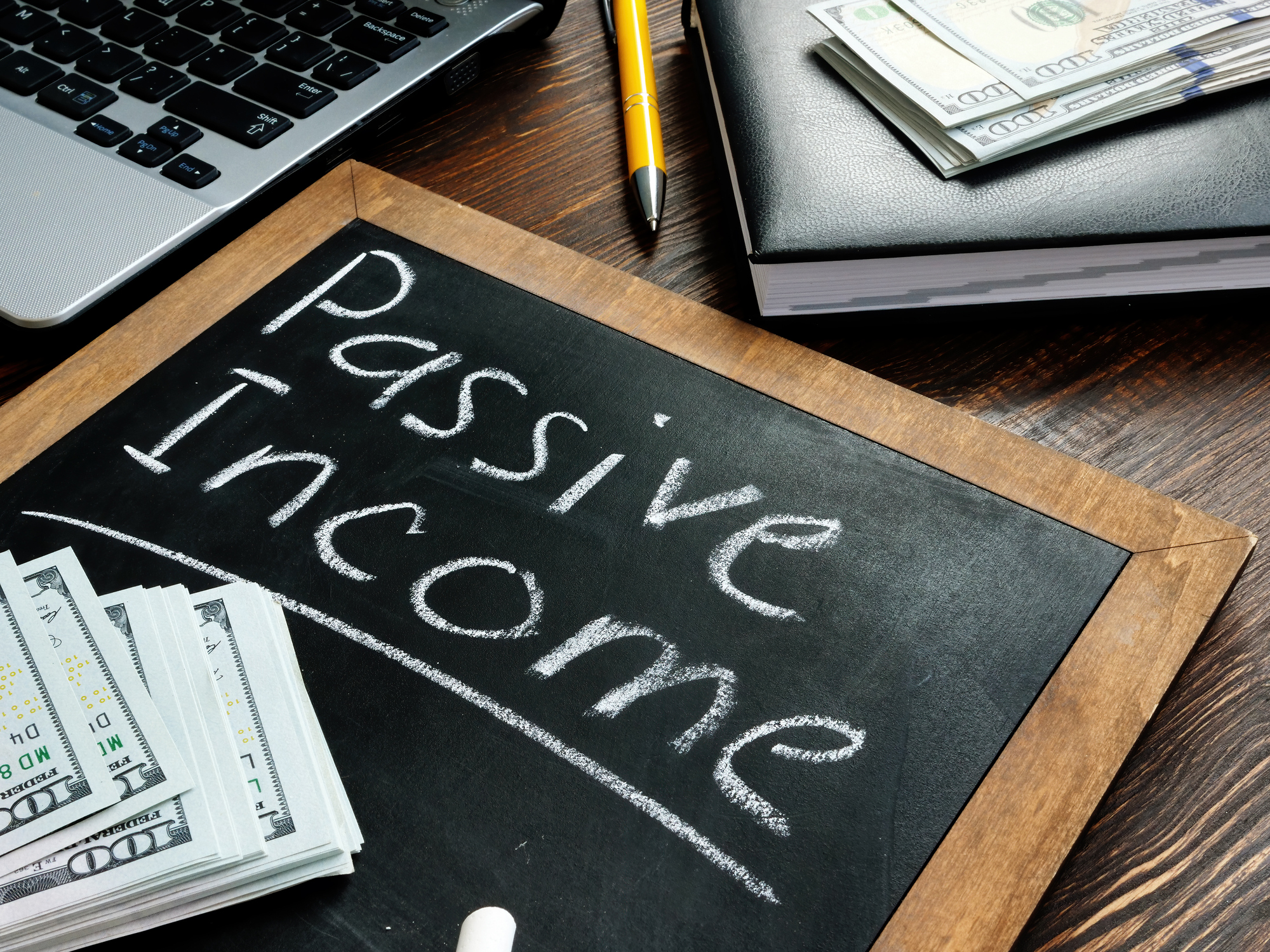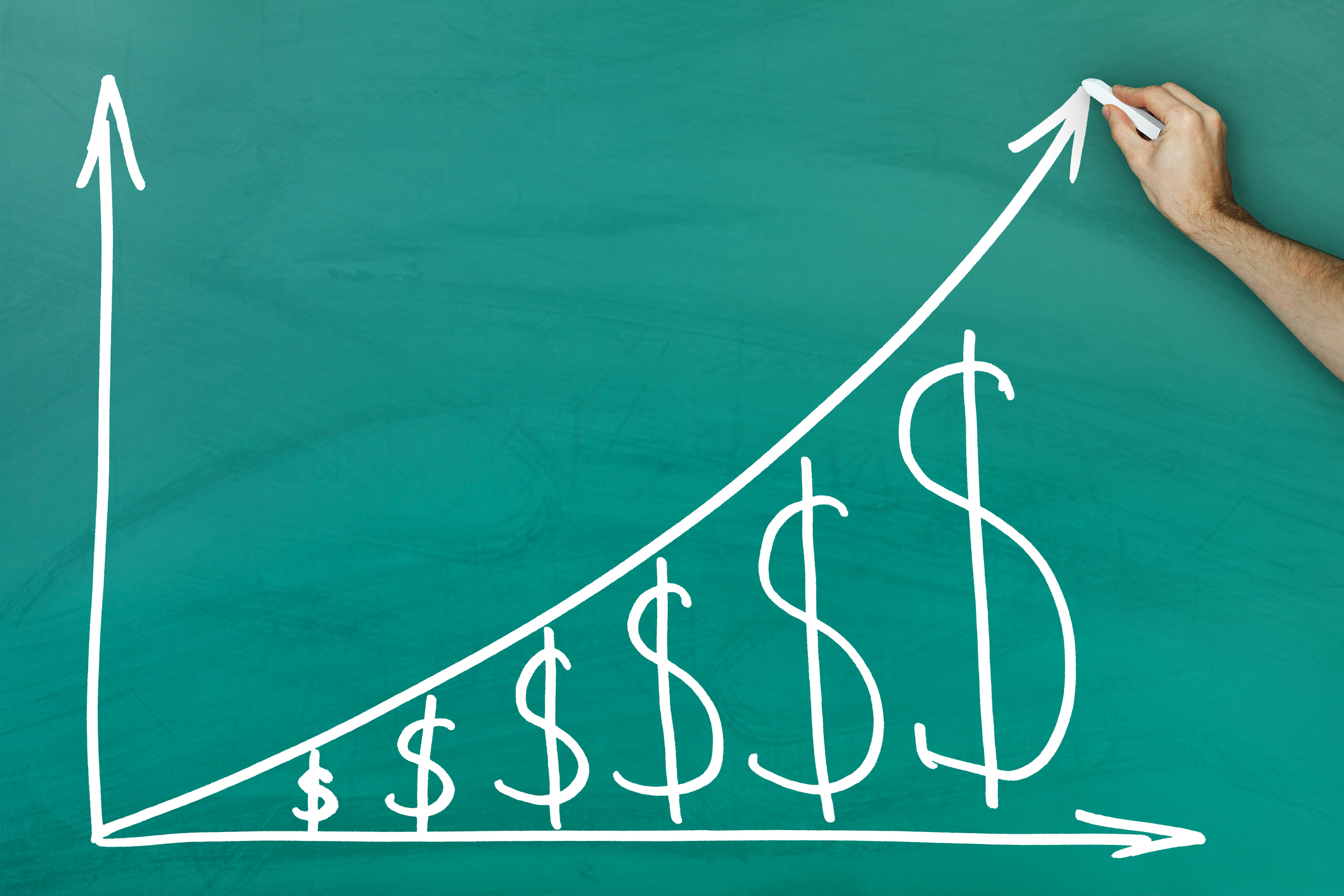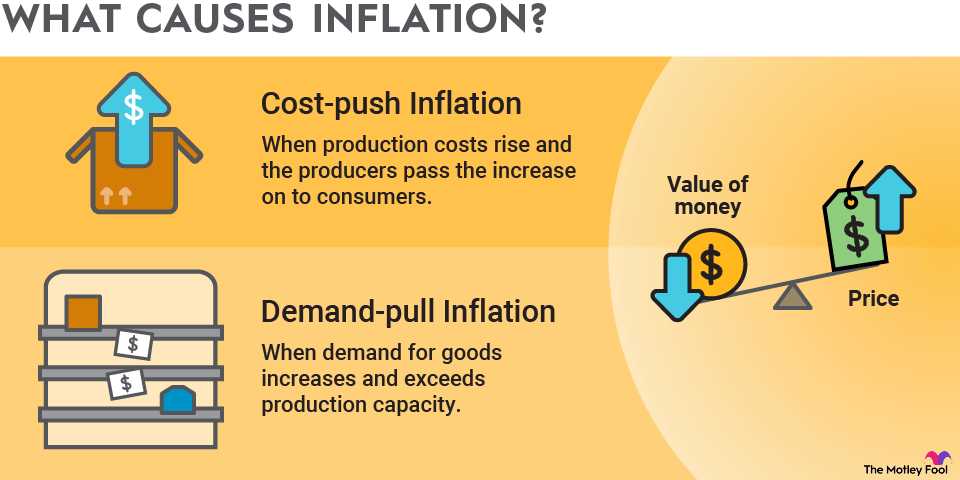Sometimes, people will compare investing to winning the lottery -- after all, how do you know if your company will hit it big or turn into a massive nothingburger? The reality is that there's a lot more subtlety in the lottery vs. investing argument, and we're going to talk about it in this article. Read on, Fools, and find out what your odds are of winning with your investments versus the lottery.

Playing the lottery versus investing
Let's just get this out of the way: Your odds of winning the Powerball jackpot are 1 in 292 million, every time it's played.
But, of course, that's just of winning the actual Powerball, and not of coming out ahead by a reasonable amount. But as it turns out, your odds of coming out ahead with any lottery aren't that great, either. Although prizes per capita are greater than losses per capita in states like Arizona, Florida, and Pennsylvania (just to name a few), prizes per capita are lower than losses in other states, including Delaware, Oregon, and South Dakota. This doesn't exclude big jackpot winners, so those numbers are probably running a little high for the average non-jackpot winner.
The lottery prizes paid out per dollar spent per capita in the United States range pretty widely, too, from $0.21 in South Dakota to $0.78 in Virginia; there's no state in the country where the prizes paid per dollar spent per capita exceed $1. That means, statistically, everybody loses. (Again, these numbers include those jackpot winners, so for the average person in the gas station, you're going to see a much smaller return.)
It's a game of chance, and no matter how many times you play, you'll never really be certain that your money will help you make more money. This is where investing and the lottery differ. With investing, as long as you're making informed investments, the likelihood that your portfolio will move you further along to your financial goals is high.
Let's look at a stock that pretty much everyone has heard about: Microsoft (MSFT -2.40%). In September 1995, it went for about $5.66 per share. In mid-September 2025, it closed at $500.37 per share, an 8,740% increase. So, if you put $10,000 in that stock in 1995, you'd have $884,046 today. It's a bit of an outlier, outpacing the S&P 500 index by nearly ninefold, but a lot of people did put their faith in Microsoft and came out ahead.
And, of course, that's the other thing about investing in the stock market versus buying lottery tickets -- coming out ahead is not just possible, but probable, given the right basket of stocks over a long investing time horizon. Again, if you're living in one of the best states for lottery returns, you're still losing 22% of your money on average, unless you're the one of the few people that year who may hit it big.
And while hope may spring eternal, hope is not what you want to hinge your entire future on.




